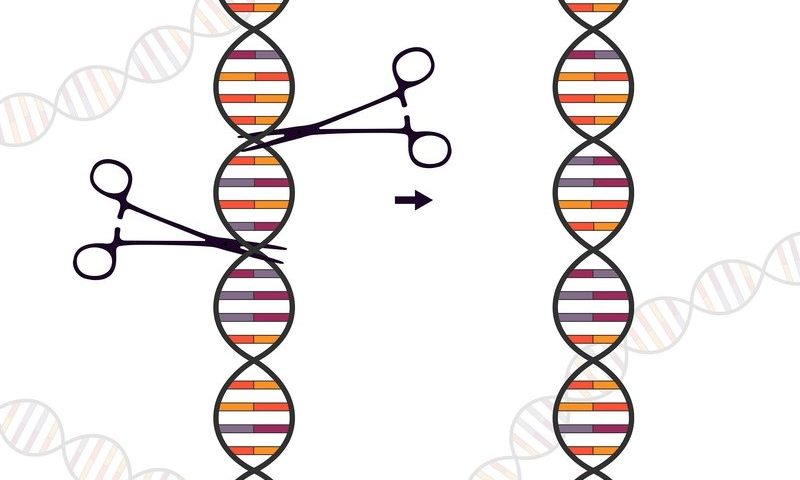Bayer and Moderna have already signaled confidence in Metagenomi’s CRISPR gene editing. Now, Bristol Myers Squibb, Novo Nordisk and a crop of VC shops have also made a $175 million bet on the California biotech’s platform.
The series B will bankroll two nonhuman primate studies this year, clinical entry next year and incubate a series of startups that use Metagenomi’s in-house resources and tools in collaboration with researchers from the likes of Fred Hutchinson Cancer Research Center, University of Pennsylvania and elsewhere. The four times oversubscribed round will also fund manufacturing and discovery work, said Simon Harnest, chief investment officer, in an interview.
Itself a relatively new biotech, Metagenomi looks to form upstarts that will make cell therapies in the immuno-oncology space. The company envisions overseeing a portfolio of different approaches with T-cell receptors, CAR-T and natural killer cells, Harnest said. He previously held the same position at CAR-T oncology biotech Cellectis.
A spinout from the University of California, Berkeley, Metagenomi looks to triumph in the still-nascent gene editing clinical landscape by avoiding off-target effects, using an “ultra small” delivery system and tamping down on the potential for unwanted immune responses.
“Metagenomi was founded on a science called metagenomics, which allows us to go out into the natural environment and instead of isolating individual organisms, you actually sequence everything that’s there,” said Brian Thomas, Ph.D., CEO and founder. “We’re able to reconstruct the genomes from these uncultivated organisms and that becomes a wonderful source of new cellular machinery that can be useful for therapeutic applications.”
Bayer’s VC arm, Leaps by Bayer, launched the biotech in late 2020 and has also contributed this round. Moderna, which signed on for a gene editing pact in November, also pitched in.
At the time of the gene editing deal, Moderna Genomics Chief Scientific Officer Eric Huang, Ph.D., described Metagenomi’s data as “irresistible” in an interview. Metagenomi had also previously signed a stem-cell therapy collaboration with Vor Biopharma for treatment of blood cancers in August 2020.
Metagenomi finds DNA from natural samples and then sequences them to form new tools for gene editing, a field that hit a milestone last summer with Intellia’s first-in-human results in the rare disease transthyretin amyloidosis. Intellia has since brought another gene editing therapy into the clinic and Editas has revealed some data on its own retinal treatment, with more results to come.
Thomas touted the gene editing platform’s potential across metabolic, cardiovascular and central nervous system diseases as well as in immuno-oncology, in a Tuesday release.
Metagenomi’s pipeline consists of in vivo targets in bleeding disorder hemophilia A, multiple liver targets and cystic fibrosis as well as ex vivo cell therapies for solid tumors, blood cancers and other undisclosed tumors.

